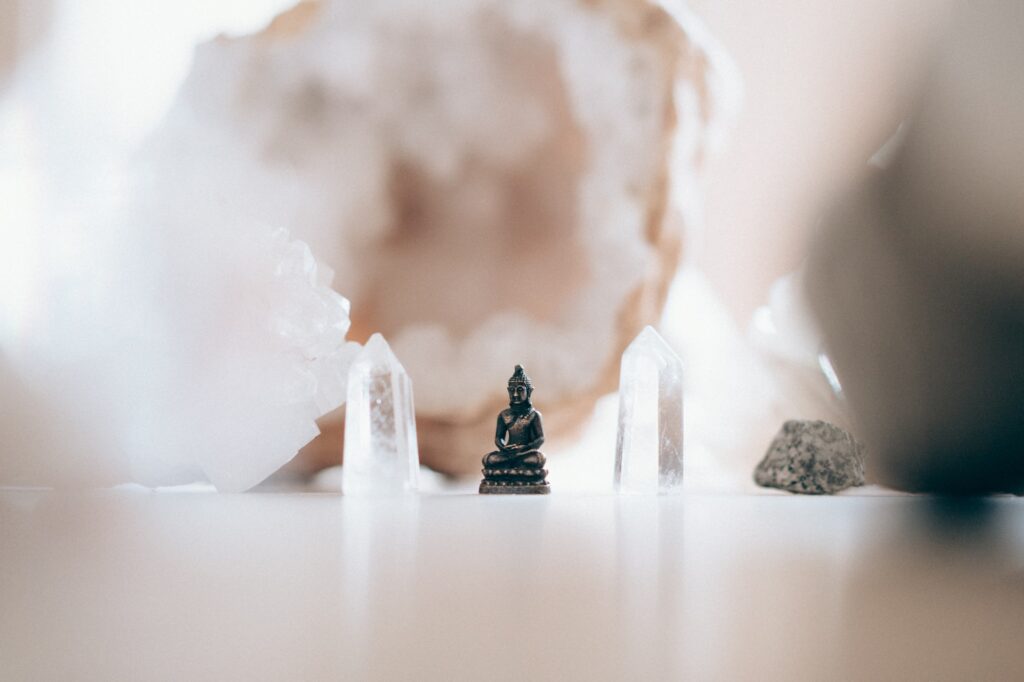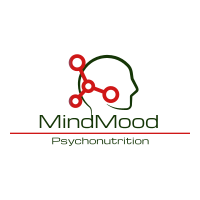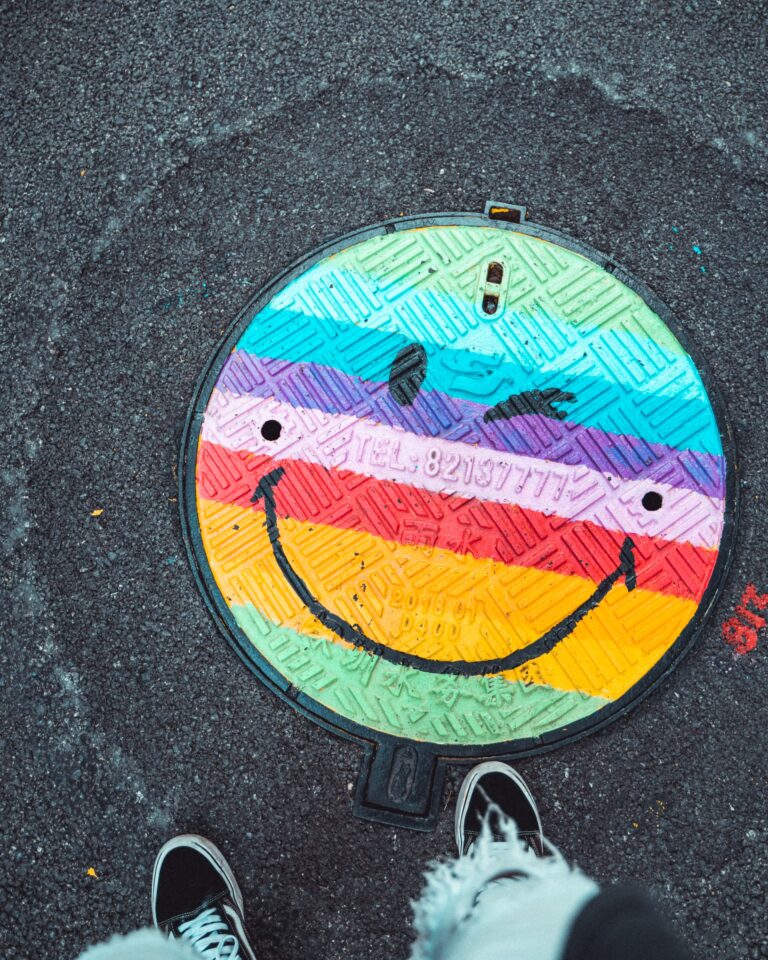In last week’s post, I shared with you my 5 key daily wellbeing boosting habits, where engaging in spiritual experiences was included. I believe like Politics and Sports, talking about Spirituality can create division amongst people. However, my ultimate goal with this post is to instead create union, harmony and a deeper understanding about what Spirituality can mean in our modern society and what it means to me in particular.
I’m originally from Portugal, a country with a strong Catholic background and emphasis on religion. I grew up within a Catholic family, traditionally religious but also at the same time open to Spirituality and different life philosophies. Thus, Spirituality has always been present in my life in one way or another.
Since 2018 I have been practicing Buddhism, a humanistic life philosophy that has not only become an integral part of my life but also the work I do with people as a holistic practitioner that combines Psychology, Nutritional Therapy and Spirituality together to support people to bring forth their unique potential and achieve positive physical and mental wellbeing.

What Spirituality can mean in our modern society
Spirituality is not equal to religion, hence being spiritual doesn’t mean being part of an organised and formal religious institution, attending Church or praying everyday or believing in a special enlightened being such as God.
Spirituality tends to be individually based and not formalised – it can mean anything as the emphasis is on the person’s subjective experience of the following (Ikeda, 2015; Sharma & Sharma, 2016):
- search for meaning in life
- sense of connection to ‘something bigger’: our inner self, a larger reality or group, nature, cosmos or the divine realm
- process of inner transformation
- meaningful activity or blissful experience that is usually linked to the pursuit of happiness
Thus, it seems that Spirituality is a inner subjective experience that can be associated with:
- joy and happiness
- positive self-worth and self-esteem
- sense of inner peace and tranquility
- sense of belonging, connection and meaning
- self-discovery and self-awareness
- deep understanding and inner transformation
Whether you decide to hug a tree or meditate, celebrate the Summer Solstice or practice Buddhism, Spirituality will always start within YOU and within YOUR INNER SELF – it is not something external to yourself even though you can decide to become part of a group or follow a certain approach or life philosophy.

What Spirituality means to me
I believe that Spirituality can encompass all the ‘inner aspects’ mentioned above, nonetheless I also see and understand Spirituality as the following:
- daily life tool or strategy
- inner life-force, strength or courage
- action, resolve and determination
- hope and faith
- inner wisdom and potential
- compassion and kindness both for ourselves and others
- creating value, societal change and community empowerment
Thus, ‘my Spirituality’ has been the fuel that I need to keep me going, to encourage me to overcome setbacks and challenges in life with courage, hope and positivism, to believe in my true potential to achieve what sometimes I perceive as impossible and to take full action and responsibility for my life, never forgetting to respect myself as well as the people around me.
Spirituality can be a broad term and a subjective process, but when reflecting about it, it can be a very real, accessible, practical and day-to-day life human experience.
References:
Ikeda, D.(2015). ‘Human Revolution: the wisdom for creating happiness and peace’. New Delhi: Eternal Ganges.
Sharma, K. & Sharma, O. (2016). ‘Spirituality leads to happiness: a correlative study’, The International Journal of Indian Psychology, 3 (2), pp. 2349-3429.




